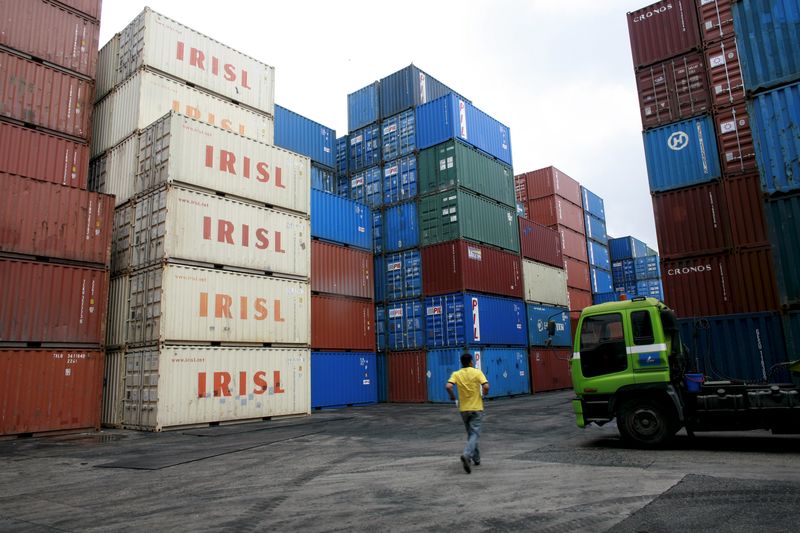By Divya Chowdhury
(Reuters) - The Regional Cooperation Economic Partnership (RCEP) is unlikely to bring immediate significant benefits for its developing member countries in terms of flow of goods and services or major infrastructure investments, analysts and economists said.
The pact needs to be ratified by all countries, which may take time, and has different levels of tariff reductions for each country and product, the experts told the Reuters Global Markets Forum.
That means labour-intensive countries may get more imports than exports, particularly during the pandemic, over the short-term.
The RCEP is seen as a China-backed alternative to the U.S.-led Comprehensive and Progressive (NYSE:PGR) Agreement for Trans-Pacific Partnership (CPTPP).
The pact has no provisions to improve labour rights in member countries, which has been exacerbated by the COVID-19 pandemic to justify reductions in formal wages and conditions, said Kate Lappin, Asia Pacific regional secretary at Public Services International.
"The agreement might not be good for governments and workers, but still deliver profits for foreign investors," Lappin said.
Lappin said she expected RCEP to benefit countries with developed industrial policies - namely China, Japan, Korea and Australia, along with New Zealand in terms of agricultural products - that support growth of higher value industries.
Aidan Yao, senior emerging Asia economist at AXA Investment Managers, said a long-term positive will likely be businesses building supply chain networks within the region.
"(RCEP) helps to harmonize the rules of origin when trading within the region ... so long as inputs of a product are imported from RCEP members, the product will (qualify) for tariff waiver," Yao said.
Based on this, Yao predicted Vietnam, Indonesia and Malaysia to benefit the most in the long term.
ADVANTAGE CHINA
China's large global footprint in digital technology and services along with its "Made in China 2025" strategy, which prioritises 10 key sectors including robotics, aerospace and clean-energy cars, will likely help it take advantage of these shifting supply chains.
Joanna Konings, senior international trade economist at ING, said the "Made in China 2025" strategy is aiding Chinese production move up value chains, while holding on to low value-added activity through automation.
The RCEP pact makes it easier for Chinese companies to run regional supply chains more efficiently, said Chris Rogers (NYSE:ROG), research analyst at S&P Global (NYSE:SPGI) Market Intelligence unit Panjiva.
In return, ASEAN countries get better access to China, South Korea and Japan, and therefore, "the politics and economics are well-balanced," Rogers said.
Rogers said he did not expect RCEP to facilitate a big increase in infrastructure investment, but more corporate investment in supply chains.
Deborah Elms, founder and executive director at the Asian Trade Centre, said she was concerned RCEP did not provide investment protection against government expropriation.
"Given the size of many infrastructure projects, this may be a problem for many firms," she said.
((These interviews were conducted in the Reuters Global Markets Forum, a chat room hosted on the Refinitiv Messenger platform. Sign up here to join GMF: https://refini.tv/33uoFoQ))
